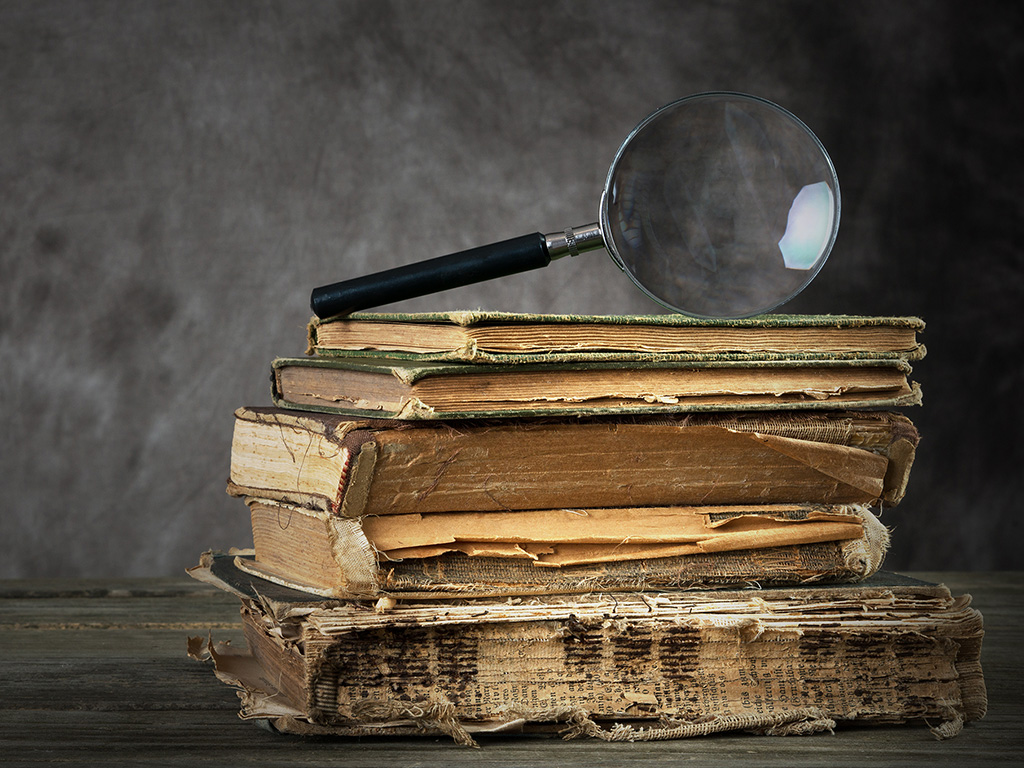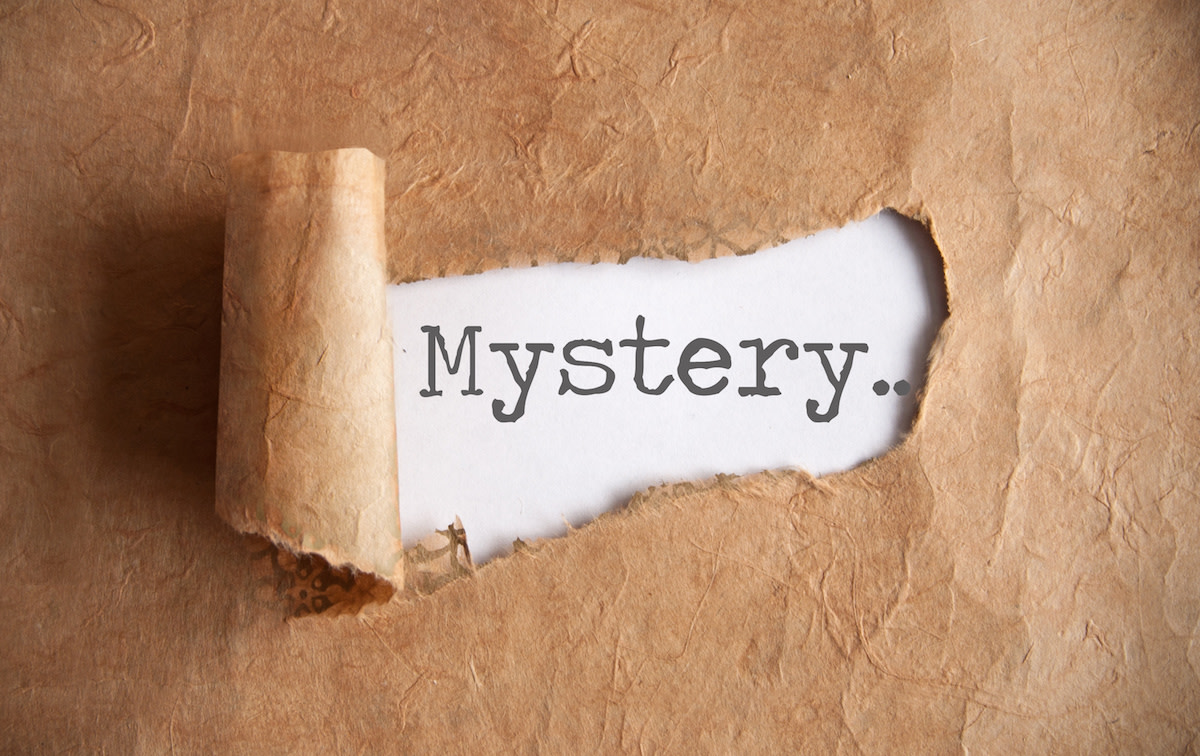Mystery 101 Deadly History Ending Explained
Have you ever found yourself completely caught up in a tale where things just don't add up, where secrets linger and happenings feel truly puzzling? It's that feeling, you know, when something is just not clear, or it seems to go beyond what we can easily grasp. That very sense of the unknown, of something that remains hidden from view, is what we often refer to as a mystery. It's the core of stories that keep us guessing, that make us want to figure out the truth behind puzzling events, and it's quite an experience, really.
These kinds of stories, especially those with a touch of the past, often involve situations where facts are kept quiet or things simply don't make sense right away. We're talking about anything that stays a secret, or something that no one has figured out yet. It might be a person, a happening, or even a particular object that has qualities so unclear they make you very curious. So, when we hear about something like "Mystery 101 deadly history ending explained," our minds immediately start wondering what hidden truths are about to be brought into the light, or how a puzzling past finally gets its resolution.
It's like being a seeker of truth, trying to put together pieces of a puzzle that seem to be scattered everywhere. A mystery, in its essence, is a narrative where unusual things happen, things that aren't made clear until the very last moment. Think about it: how a certain event came to pass might be a complete puzzle, or why something happened in a particular way could remain one of nature's best-kept secrets. This quality of being hard to understand, of being shrouded in a kind of puzzling atmosphere, is what gives these stories their unique draw. We're often drawn to them, aren't we, because we want to see how those strange occurrences finally get sorted out.
- Leaked Photos Of Vanessa Hudgens
- Peter Doocy Is Gay
- Died Family Matters Cast
- Who Is Amber Rose Dating Now
- Sketch Of Leaks
Table of Contents
- What Makes a Mystery a Mystery?
- The Allure of the Unexplained in Mystery 101
- Unraveling Deadly History: The Search for Answers
- How Do Endings Bring Clarity to a Deadly History?
- The Satisfaction of the Mystery Ending Explained
- Why Do We Crave a Deadly History Ending Explained?
- Common Elements in a Mystery 101 Narrative
- The Lasting Impact of a Deadly History Unveiled
What Makes a Mystery a Mystery?
A mystery, at its heart, is something that just isn't known, or something that's truly hard to grasp. It's that feeling you get when you encounter something that seems to defy logic or common sense, and you're left with more questions than answers. For instance, the way a particular object ended up in a certain spot might be a complete puzzle. It’s a situation where facts are hidden, or where the full picture just isn't available to us. This can apply to anything, really, from a small event in someone's day to something as grand as ancient structures that still puzzle us today. The giant stone slabs of Stonehenge, for example, remain a puzzle to this very day, and that's a good illustration of what we're talking about.
When we talk about a story being a mystery, we're talking about a kind of narrative where strange things unfold, and these odd happenings aren't made clear until the very end. It's a journey, in a way, where the reader or viewer becomes a sort of investigator, trying to piece together who did what, when it happened, and how it all came about. These types of stories are often called "whodunnits" for that very reason, because they invite you to figure out the truth alongside the characters. The quality of being hard to understand, of being a bit obscure, is what gives these tales their unique appeal, making us want to keep turning the pages or watching the screen until everything finally makes sense. It's really quite a pull, isn't it?
The Allure of the Unexplained in Mystery 101
There's a special draw to things that aren't easily explained, a kind of magnetic pull to what remains secret. This is especially true when we consider the concept of "Mystery 101," which sounds like a foundational look at what makes these puzzling situations so compelling. It's the promise of something hidden, something waiting to be brought into the light, that keeps us engaged. Think about it: a person might have a quality that makes them hard to figure out, giving them a rather intriguing or even a somewhat magical presence. This very quality, the air of being hard to understand, is what makes us want to know more, to peel back the layers of what's not immediately obvious.
- Nle Choppa And Jayla
- Vance Booed At Kennedy
- Is Billie Eilish Dating Anyone Right Now
- Dry Damaged Hair Shampoo
- Kats Bf Euphoria
This curiosity, this desire to know what's behind the curtain, is a very human trait. We don't like things left hanging, do we? So, when a story presents us with something that baffles our reason, something that simply cannot be explained at first glance, we feel a need to pursue the answers. It’s a bit like being presented with a riddle; you can’t rest until you’ve figured it out. This is why tales that revolve around crime or puzzling events, those that promise a surprise ending that makes everything clear, hold such a strong appeal. They play on our inherent desire for order and resolution, making the journey through the unknown all the more exciting, actually.
Unraveling Deadly History: The Search for Answers
When the term "deadly history" is added to the mix, it suggests a past that holds grim secrets, events that might have led to serious consequences or even loss of life. To unravel such a history means to go back in time, to examine the events that transpired, and to try and piece together the sequence of happenings that led to a particular outcome. It's a deep dive, in a way, into records, memories, and perhaps even places that hold echoes of what occurred. The search for answers in such a context is not just about curiosity; it's often about understanding cause and effect, about learning from past mistakes, or about finding a measure of closure for something that was left unresolved for a long time. It can be a truly intense process, you know.
This quest to understand a past that might have been difficult or tragic is what drives many narratives. It’s about taking something that is currently not known, something that is difficult to understand or explain, and bringing it into the light of common sense. The quality of being hard to understand, or the very quality of being puzzling, is what gives such a history its compelling nature. We want to know the truth, especially when that truth involves events that had a profound impact. It's like trying to find the missing pages from an old book, pages that hold the key to understanding the entire story. The effort to bring clarity to such a past is a significant undertaking, and it often requires a great deal of careful thought, to be honest.
How Do Endings Bring Clarity to a Deadly History?
The ending of a mystery, especially one concerning a "deadly history," is where all the loose threads finally come together. It's the moment when what was once obscure becomes plain, when the things that baffled our reason are at last explained. Think of it as the grand reveal, the point where the curtain is pulled back and the full picture is laid out for everyone to see. Before the ending, the story might be filled with strange events, puzzling actions, and characters whose motives are far from clear. The ending, however, provides that much-needed sense of completion, turning a collection of puzzling incidents into a coherent narrative. It's pretty satisfying, isn't it, when everything clicks into place?
For a "deadly history," the ending often means revealing the reasons behind tragic events, identifying those responsible, or simply explaining the sequence of happenings that led to a dire outcome. It transforms something that was a secret, or something that remained unexplained, into something understood. This moment of clarity is crucial because it gives meaning to all the previous confusion. It's the difference between looking at a jumbled pile of pieces and seeing a finished puzzle. The ending doesn't just tell us "what happened"; it tells us "why" and "how," providing a complete picture of the puzzling events that defined that particular history. It really makes a difference, that final explanation.
The Satisfaction of the Mystery Ending Explained
There’s a deep satisfaction that comes from having a mystery, especially one with a "deadly history," finally laid bare. It’s the feeling of relief, perhaps, when a long-standing question is answered, or when a secret that has lingered for ages is at last brought to light. This feeling stems from our basic human desire for order and comprehension. We don't like things left in the dark, do we? So, when a story delivers on its promise to explain all the strange events that have occurred, it fulfills that need within us. It's a bit like finally finding the answer to a difficult problem you've been working on for a long time.
This satisfaction is also tied to the intellectual challenge a mystery presents. As readers or viewers, we become detectives ourselves, trying to solve the puzzle alongside the characters. When the ending comes, and our own theories are either confirmed or delightfully overturned by a clever twist, it’s a rewarding experience. It’s about seeing how the pieces fit, how seemingly unrelated events are actually connected, and how the quality of being puzzling transforms into clear understanding. The explanation of the ending, in essence, validates our engagement and provides a sense of closure that is quite meaningful, actually.
Why Do We Crave a Deadly History Ending Explained?
Our longing for an explanation, especially for a "deadly history," stems from several deep-seated human tendencies. For one, we have an inherent need to make sense of the world around us. When something is not understood, or when events seem to defy reason, it creates a kind of discomfort. We want to categorize, to explain, to put things into their proper place. A "deadly history" implies a past filled with serious, perhaps even tragic, events, and understanding how those events unfolded, and why, can offer a sense of control or insight into human nature. It's a way of learning, in a sense, from what has gone before, and that's a very powerful motivator.
Furthermore, there's the element of justice and resolution. When a history is "deadly," it often means there were victims, or wrong

What Is a Mystery? | Celadon Books

What Is the Mystery Genre? Learn About Mystery and Crime Fiction, Plus

20 Best Mystery Audiobooks to Entertain Your Inner Sleuth | Audible.com